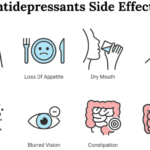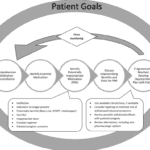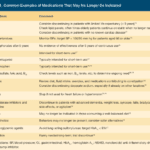Category: Medication Reconciliation
Medication reconciliation plays a pivotal role in hospice care, ensuring that terminally ill patients receive the most appropriate and safe medication regimens. This process involves creating and maintaining an accurate list of a patient’s medications to prevent adverse drug events and enhance their overall well-being.









